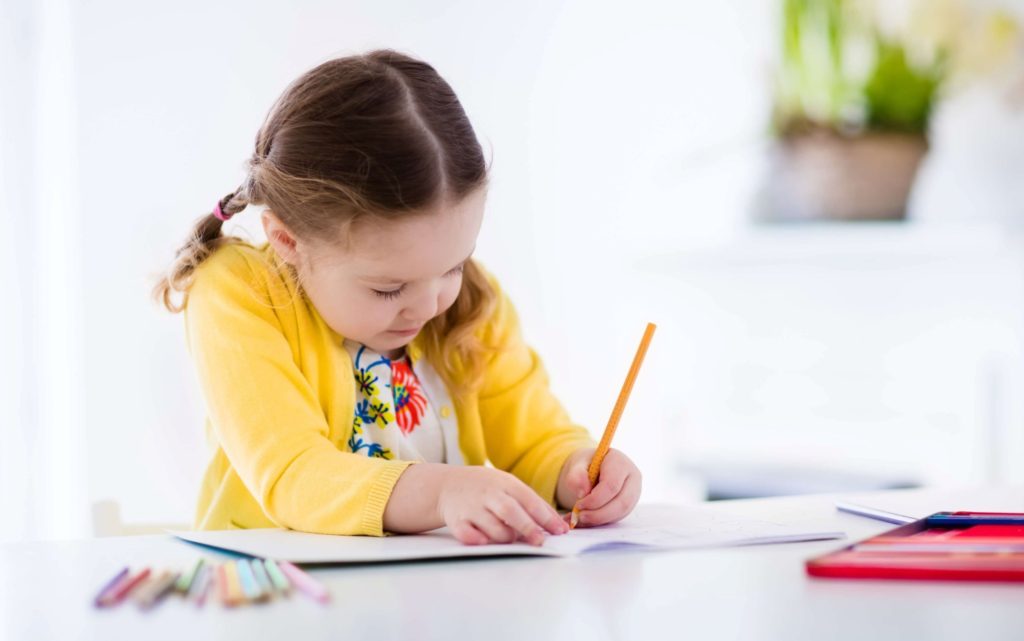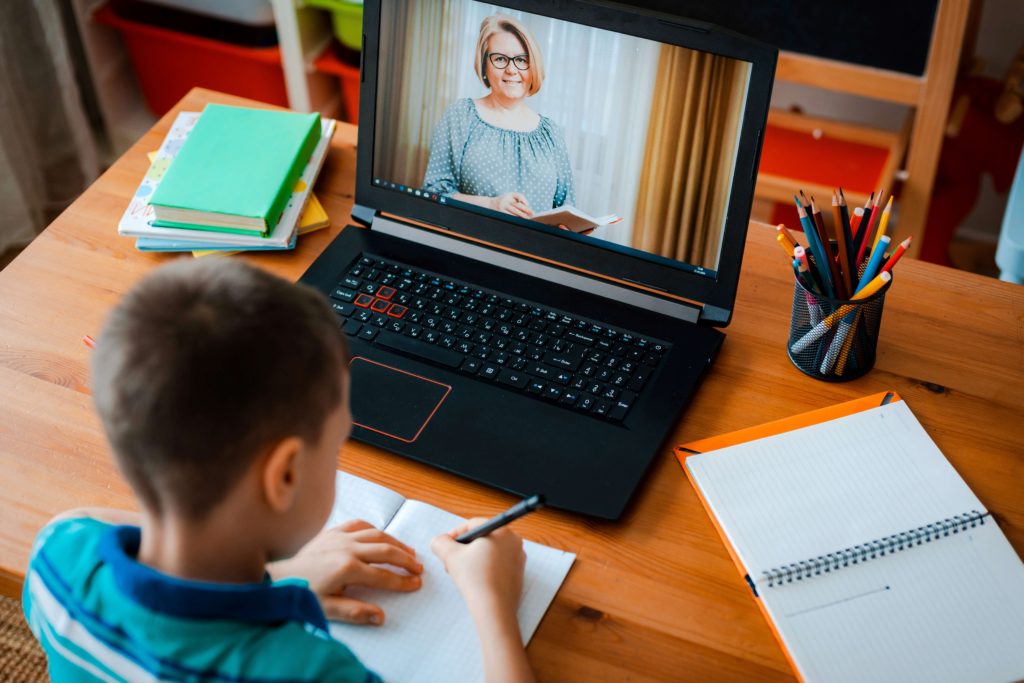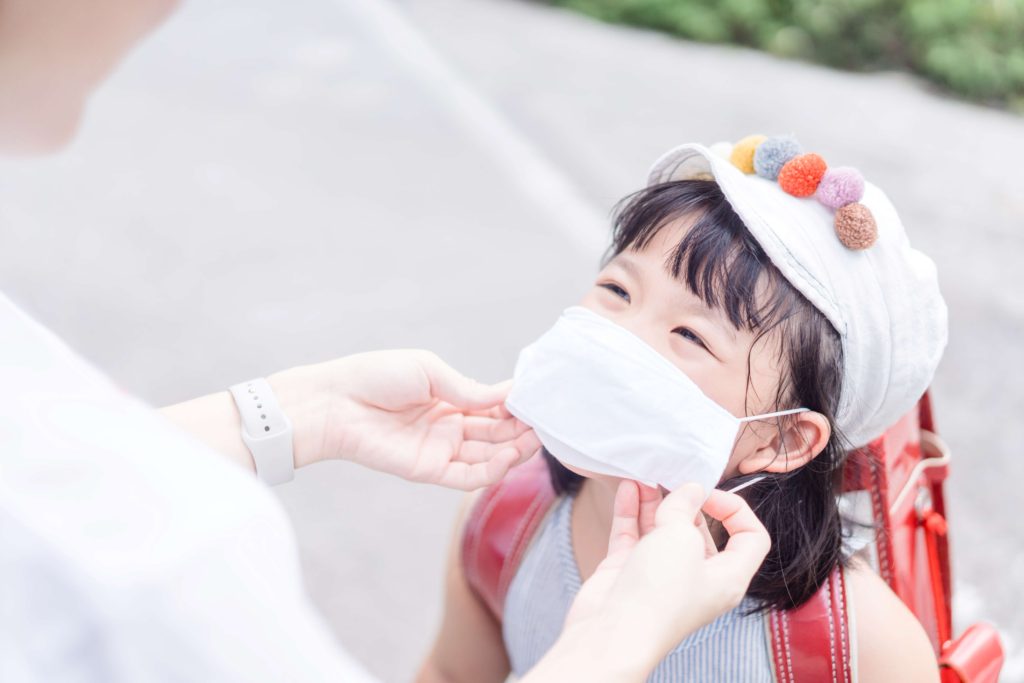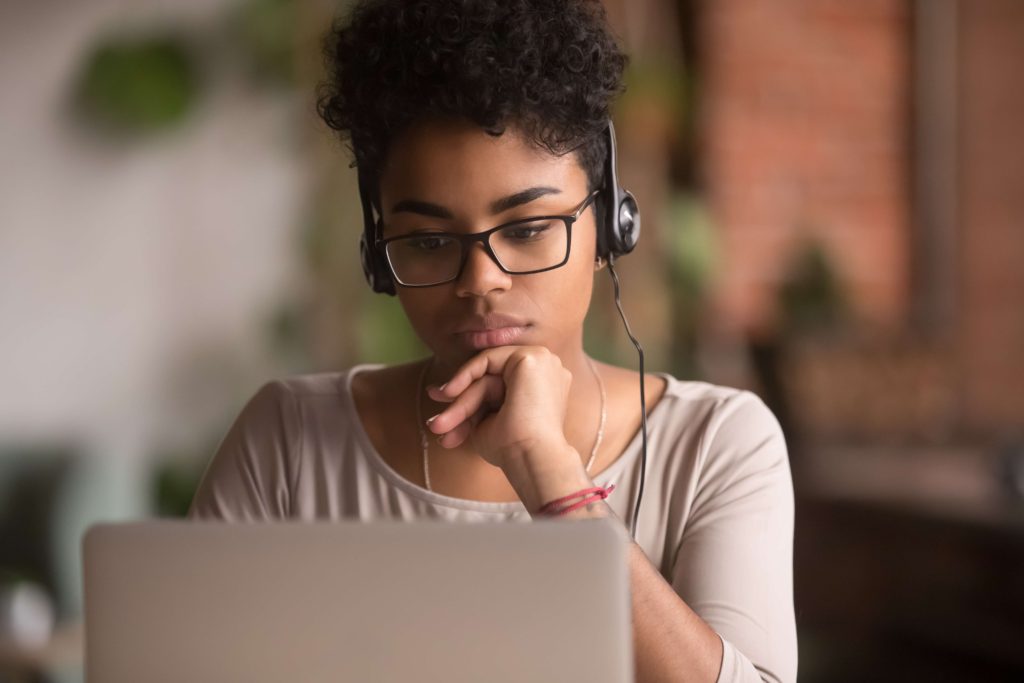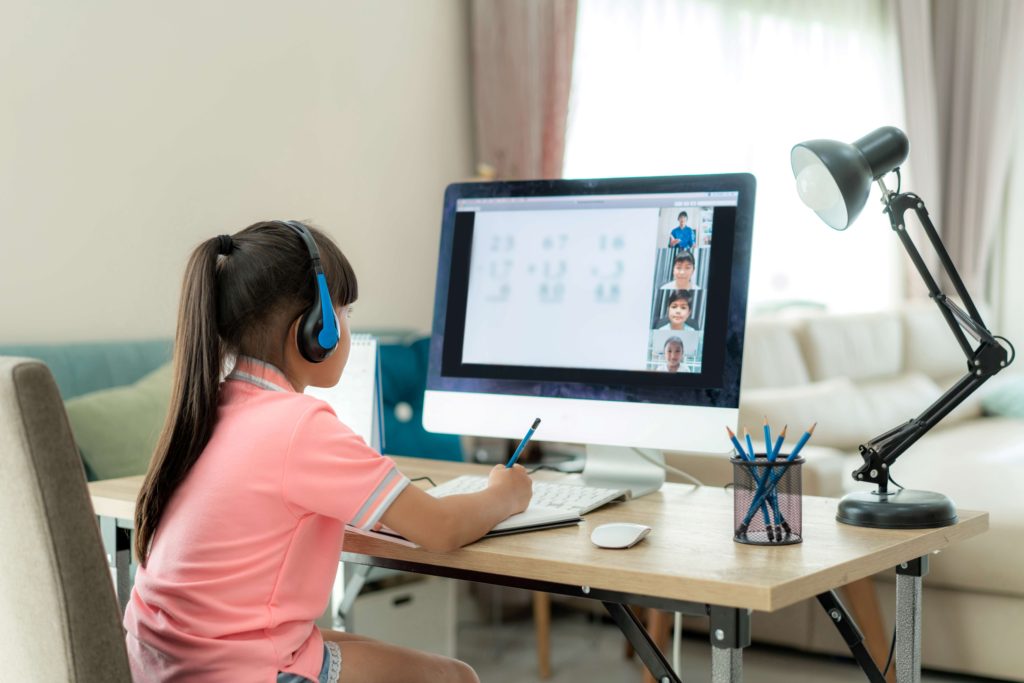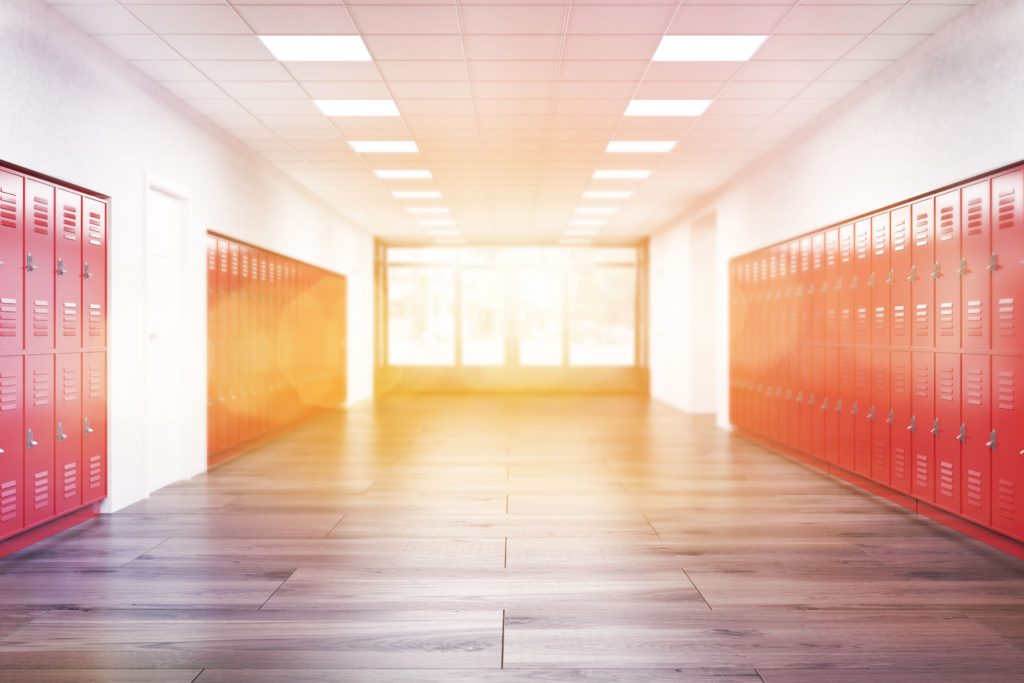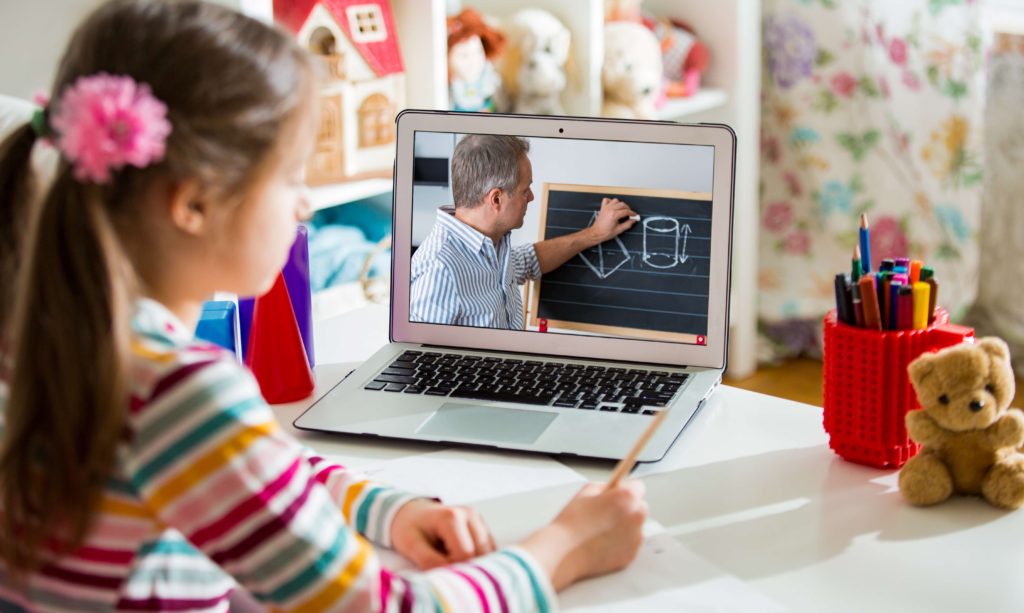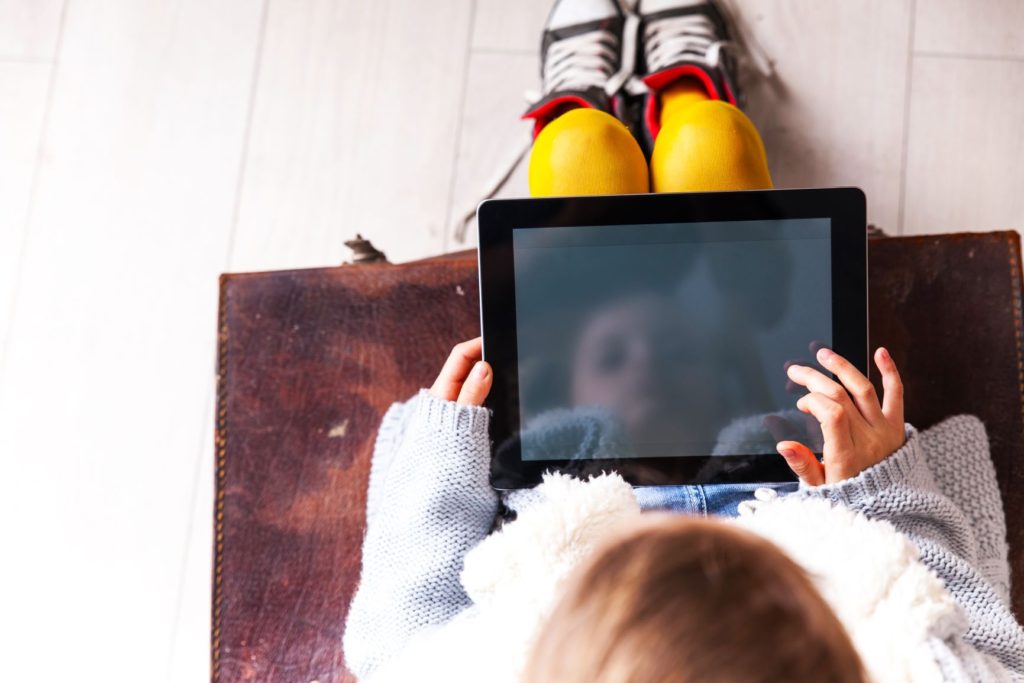New research examines the supports that preschool students received – or in many instances didn’t receive – when classrooms closed their doors this spring. NIEER Senior Co-Director W. Steven Barnett discusses his team’s findings, their potential impacts on students, and some important implications for policymakers, practitioners, school leaders and families.
Research-Backed Strategies to Address Student Learning Loss
Following a chaotic spring semester and extended school closures, many students will require additional academic support as instruction resumes this fall. A new policy brief, coauthored by the University of Chicago Consortium on School Research‘s Elaine Allensworth, offers some research-backed strategies for schools attempting to address student learning loss in the months ahead.
The Prospect of Reopening Schools
How – and under what conditions – can schools reopen safely in the wake of a global pandemic? And what resources will school systems need to provide effective instruction in the months ahead? Dr. Joshua Sharfstein (Johns Hopkins University) and Mike Magee (Chiefs for Change) join us on a special episode.
Teacher Experiences and Working Conditions in the Wake of COVID-19
Schools with more supportive working conditions were far more successful at helping their teachers maintain a sense of success during COVID-19-related school closures, according to a multi-state survey conducted by researchers Matthew Kraft and Nicole Simon.
Many Districts ‘Left Learning to Chance’ During Closures, Study Finds
In the chaotic shift to online education this spring, many districts did not communicate an expectation for teachers to monitor student progress, track attendance or provide live instruction, according to a new study by the Center on Reinventing Public Education (CRPE). CRPE Associate Director Betheny Gross discusses her team’s findings and some evidence-backed recommendations for school systems and instructors now planning for the fall..
School Reopenings: Lessons from Home and Abroad
A new report by the Johns Hopkins Institute for Education Policy and Chiefs for Change analyzes successful interventions across the globe and offers research-backed recommendations for states, districts and school leaders now planning for the fall and beyond.
Researched-Backed Strategies for Effective Blended Learning
Is blended learning a viable option for schools looking to reopen – and provide quality instruction – in the wake of the COVID-19 pandemic? It may depend on the approach. We discuss with Barbara Means, Executive Director of Learning Sciences Research at Digital Promise.
Ideology and Instruction: How Teachers Perceive News Sources
Personal views and political leanings can influence a teacher’s perception of news source credibility, according to a study of more than 1,000 high school social studies teachers across six states.
Engagement, Access and Morale: How Are Students Responding to Extended School Closures?
A new survey of teachers and district leaders finds that COVID-19-related school closures have had significant impacts on student engagement, truancy, morale and educational equity. We discuss with Holly Kurtz, director of the Education Week Research Center.
Teacher Coaching in a Simulated Environment
Coaching can significantly improve skill development among pre-service teachers, according to a new study using mixed-reality simulations for practice and assessment.

